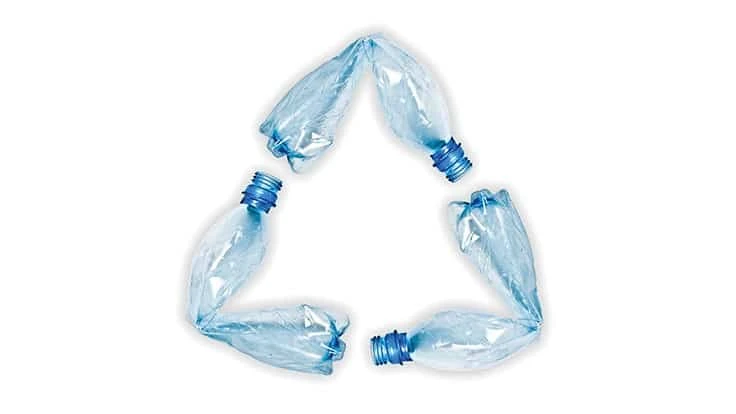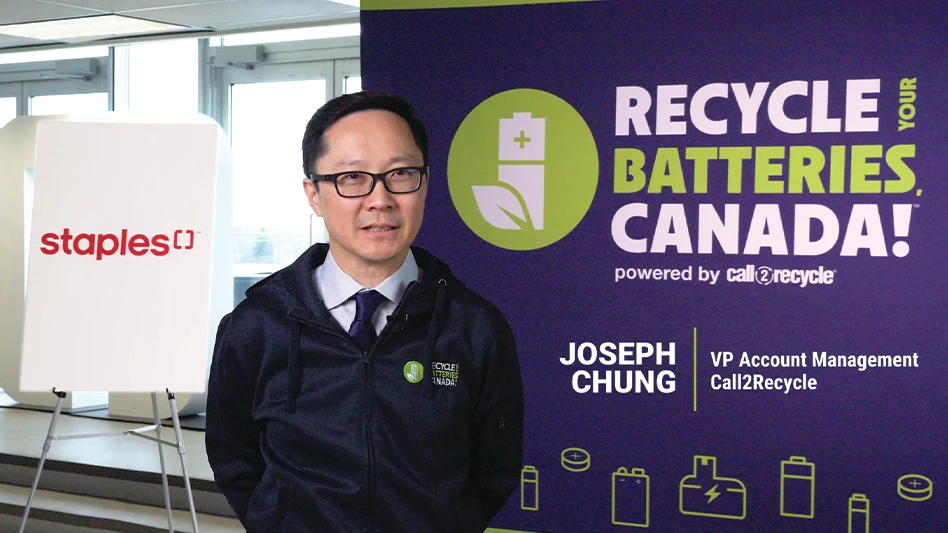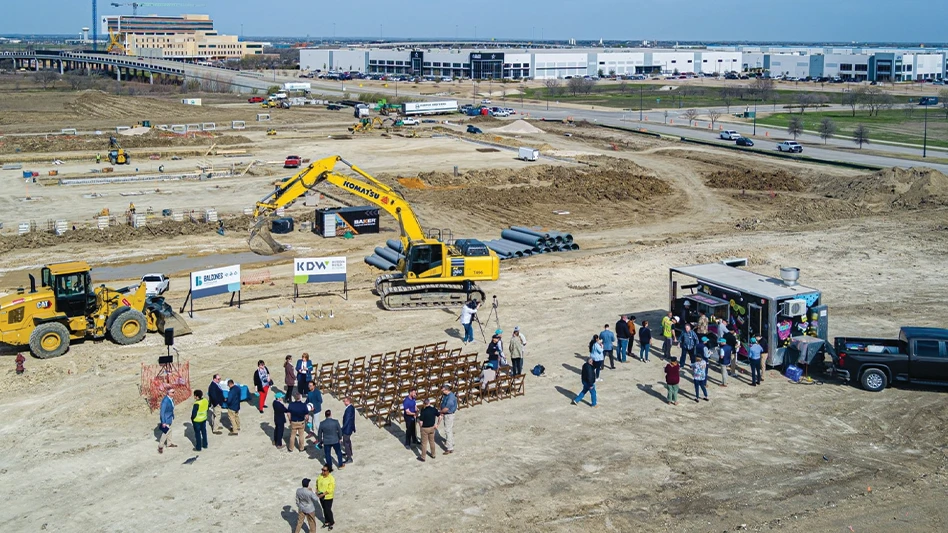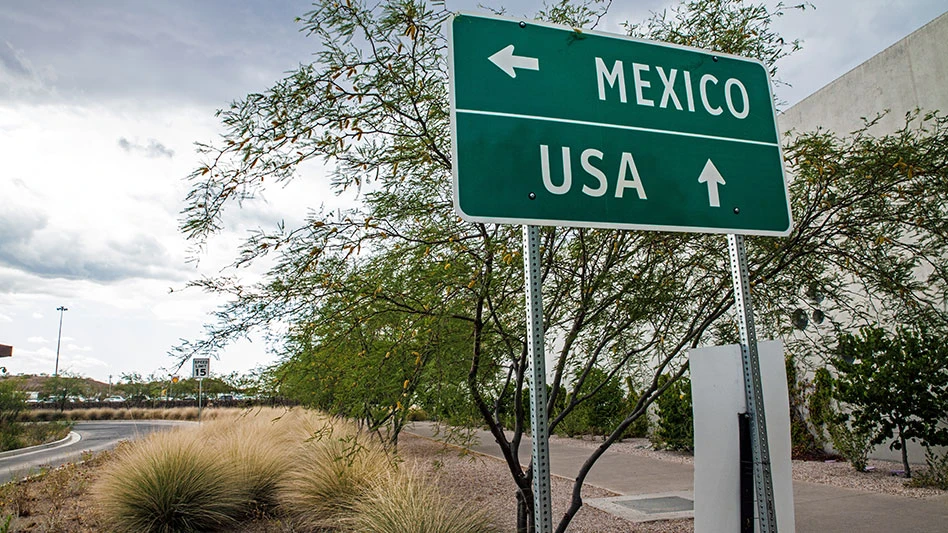
© Kyolshin - Dreamstime.com
Maine state legislators have introduced an amendment to LD 102, which would set a minimum postconsumer recycled (PCR) content requirement for all plastic beverage containers sold in that state of 25 percent by 2025. The requirement would increase to 30 percent PCR by 2030. The amendment was officially introduced to state legislators Jan. 17.
Nestlé Waters North America, Stamford, Connecticut, has announced in a news release that it supports the amendment to LD 102.
According to the Natural Resources Council of Maine, Augusta, Maine, the amendment to LD 102 would benefit the environment, recycling processors, municipalities, waste haulers, sorting facilities and beverage manufacturers because it would:
- help to achieve a more circular economy by creating demand for recycled plastic;
- support long-term sustainability of Maine’s municipal recycling programs and beverage container redemption program; and
ensure beverage companies act responsibly and meet their recycled content goals.
Charles Broll, executive vice president and general counsel at Nestlé Waters North America, wrote to the state of Maine’s Committee on Environment and Natural Resources regarding the amendment to LD 102 earlier this month.
“We are committed to keeping plastic out of landfills and the environment—a responsibility shared by everyone who makes or drinks packaged beverages,” Broll writes. “We are collaborating with stakeholders to create solutions to one of the world’s most pressing environmental issues. Last year, we told this committee that while we supported the goals of LD 102, we had concerns about its approach, but that we were committed to finding a constructive solution.
“Since that time, we have worked collaboratively with the sponsor and stakeholders on what we believe is an ambitious but workable amendment that takes a significant step forward in making the circular economy real in Maine,” he adds.
Broll writes that Nestlé had been making commitments, as have other beverage manufacturers, to increase the use of recycled content throughout its portfolio. He notes that the company has a goal to convert its Poland Spring polyethylene terephthalate (PET) containers to 100 percent recycled content by 2022. Also, to help stimulate the global market, Nestlé announced its commitment to source up to 2 million metric tons of food-grade recycled plastics and allocate more than 1.5 billion Swiss francs to pay a premium for these materials between now and 2025. However, Broll writes to the committee that to achieve that goal, more “robust and stable regional supply of food-grade recycled content" is needed.
He adds, “We are encouraged by the announcements of recent infrastructure investments in the region to increase supply, but more investment in collection and processing is needed. Historically, beverage manufacturers have purchased food-grade recycled content through short-term supply contracts or on the spot market. Price volatility between virgin content and recycled content has made long-term supply contracting difficult. Without long-term supply contracts, recycled content suppliers are often unwilling to make the necessary investments in machinery, equipment and collection to increase supply.
“We believe a reasonable recycled content standard beginning in 2025 for plastic beverage containers sold in Maine will solidify demand thereby stimulating the necessary further collection and investments to increase regional supply,” Broll continues. “This is a similar dynamic that existed when Maine first considered establishing a renewable portfolio standard. Establishing a recycled content standard will also realign end-market use so that more food-grade recycled content is recycled back into food-grade applications.”
Latest from Recycling Today
- SABIC’s Trucircle PE used for greenhouse roofing
- Hydro to add wire rod casthouse in Norway
- Hindalco to invest in copper, aluminum business in India
- Recycled steel price crosses $500 per ton threshold
- Smithers report looks at PCR plastic’s near-term prospects
- Plastics association quantifies US-EU trade dispute impacts
- Nucor expects slimmer profits in early 2025
- CP Group announces new senior vice president






